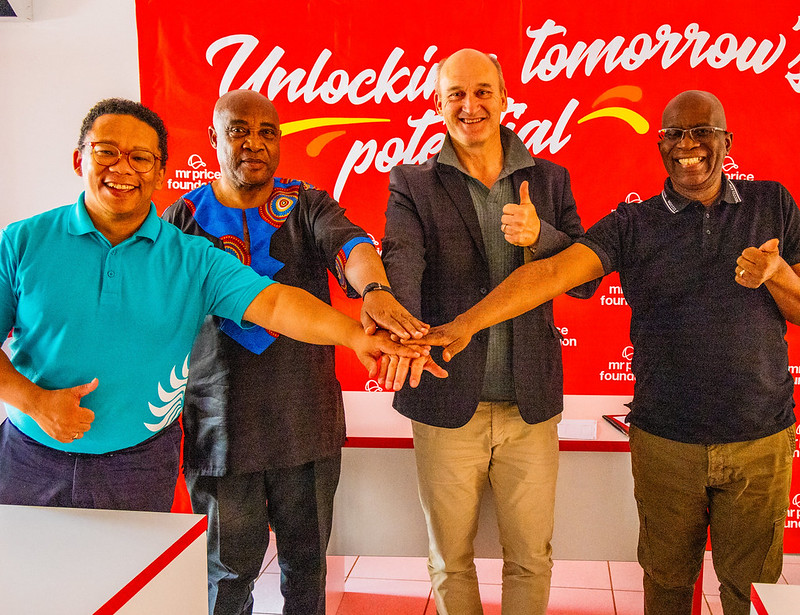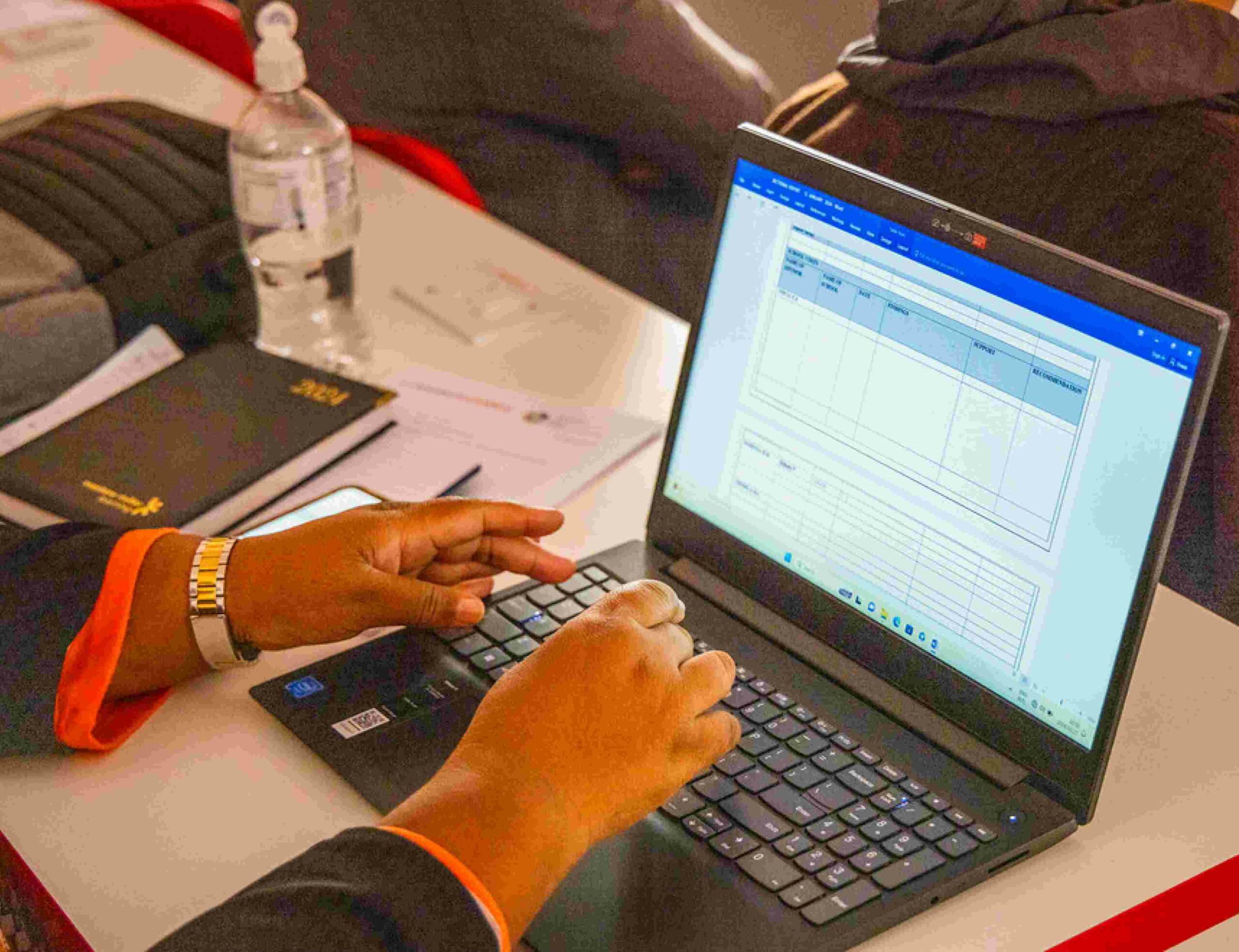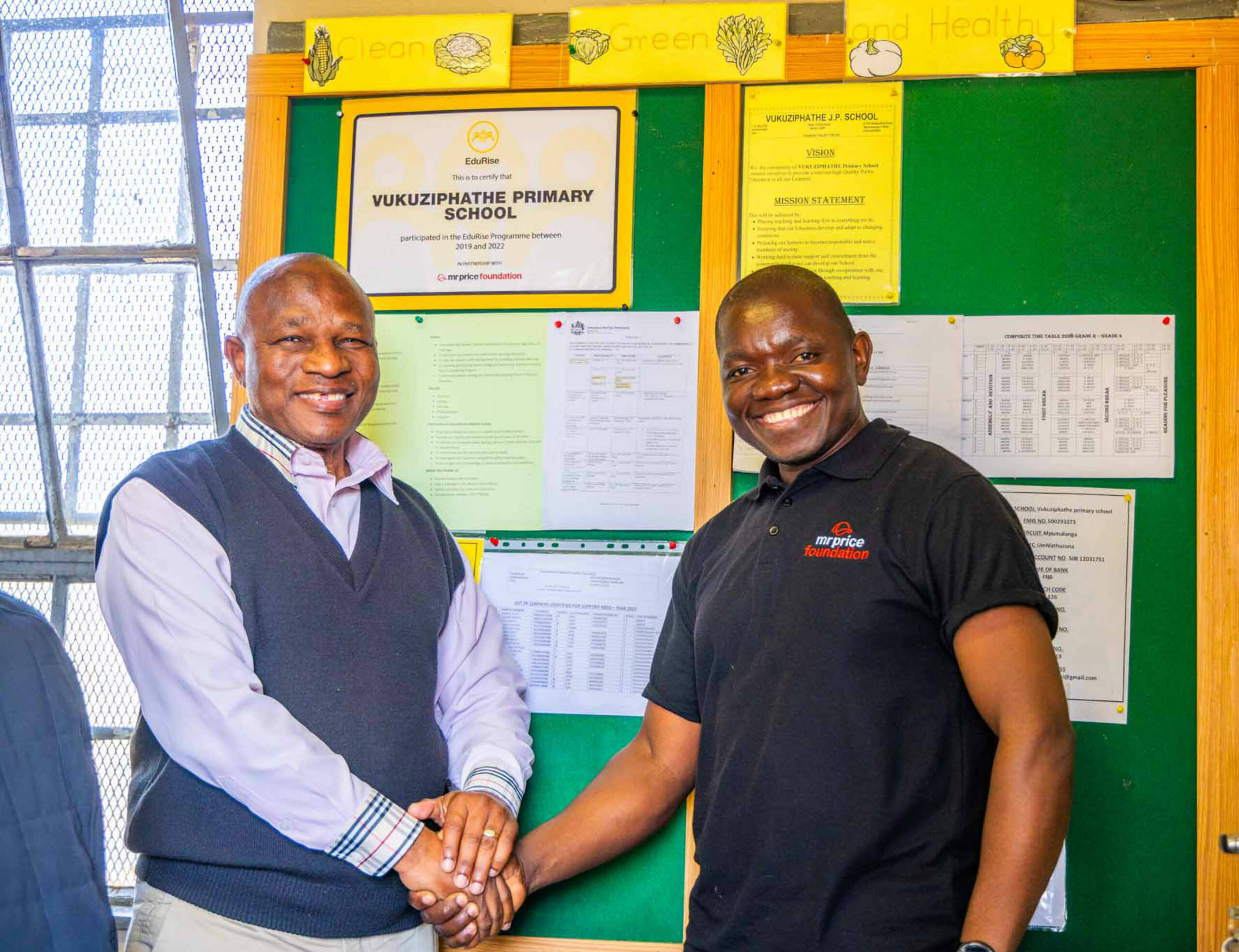MRP Foundation is equipping even more low-income schools with the knowledge, tools and assistance to provide quality education
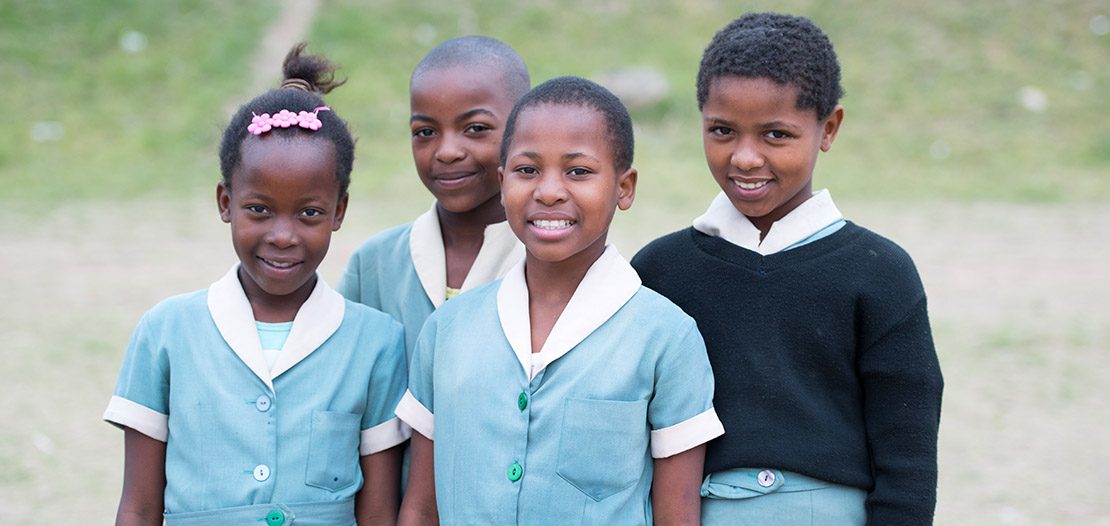
Learners from St Christophers Primary School, a MRP Foundation supported school in KwaDukuza. Image: Erika Trnovcova / MRP Foundation
Our heart is to help as many children as possible receive a quality education and over the last twelve years, we’ve impacted over 300,000 learners by passionately supporting low-income schools through our Physical Education (PE) programme and holistic schools model. This year we’ve extended our whole schools model to ten new schools – an exciting opportunity to positively impact even more children!
Natasja Ambrosio, who established the MRP Foundation thirteen years ago, and now provides invaluable wisdom as its Director, explains the initial decision to passionately dive into the education space:
“We realised that education was one of the main challenges South African children faced; for children to reach their full potential and journey into a flourishing future they need a quality education. In the beginning we focused on what we could, which was PE, but soon recognised that we could no longer ignore the other challenges schools faced. The holistic whole schools model was developed out of this understanding. With the Department of Education’s endorsement and through a good relationship with the KwaDukuza Municipality we piloted the whole schools model in five primary schools in KwaDukuza.”
The five-year holistic schools model aims to cultivate an educational environment where children can learn effectively, supported by confident teachers in a school that strives for excellence. Creative arts and culture lessons, environmental awareness, technology-based learning, educator training and mentorships as well as assistance in mainstream subjects are introduced at intervals. The programme was such a success in KwaDukuza that these five schools are now outperforming other schools in the district, province and nationally on their average performance.
Our dream is to expand the whole schools model to as many schools as possible and we have extended the whole schools model to two more school clusters – five QwaQwa Primary Schools (in the Free State) joined the programme in 2017 and seven High Schools in KwaDukuza joined in 2016. This brings the total number of schools on the whole schools model to seventeen.
The PE component of the whole schools programme, which is endorsed by the Department of Education, has equipped educators to teach PE and encouraged the development of healthy minds and bodies for over 300,000 young South African learners across 260 schools since it started in 2005. Currently, thousands of learners from sixty-five schools across the country are active through regular PE lessons and this year PE was added to five schools from Hammarsdale and five schools from Tongaat.
This year we’ve also invested into 31 Early Childhood Development centres in the KwaZulu-Natal Hammarsdale community as we believe that early education builds a foundation for a successful future.
MRP Foundation Manager, Karen Wells, is excited to see the whole schools model expand to more school clusters and foster inspired and healthy learning environments that help improve learners’ academic achievements and their cognitive, emotional and physical wellbeings.
“Our heart is to make a deep and significant impact in the education space that assists children step out of the cycle of poverty and inequality and into their full potential. Our passionate team works hand-in-hand with our trusted implementation partners to activate our programmes on the ground and we continuously innovate, assesses programmes and engage with stakeholders; including the government and community leaders, education experts and the beneficiaries themselves, to find the most effective way to use resources and make our programmes scalable without compromising on impact. We are so excited by the tangible success of the programme so far and we want to share this programme with as many children as possible.”
Like all our programmes, sustainability guides our actions. The MRP Foundation Schools Programme aims to empower educators and the community by equipping them with the knowledge and tools to continue to provide quality education despite the many daily obstacles they face, a principle Karen strongly believes in:
“Sustainability is at the heart of our programmes and we need to ensure we have a robust model that creates independence in schools. We can’t scale up and reach more schools, educators and children if there’s a sense of dependency. Our passion for education and our belief that children are the future mean we’re serious about investing in the education space and seeing as many children as possible receive a quality education.”
Have a look at our map to see our education footprint across South Africa.

